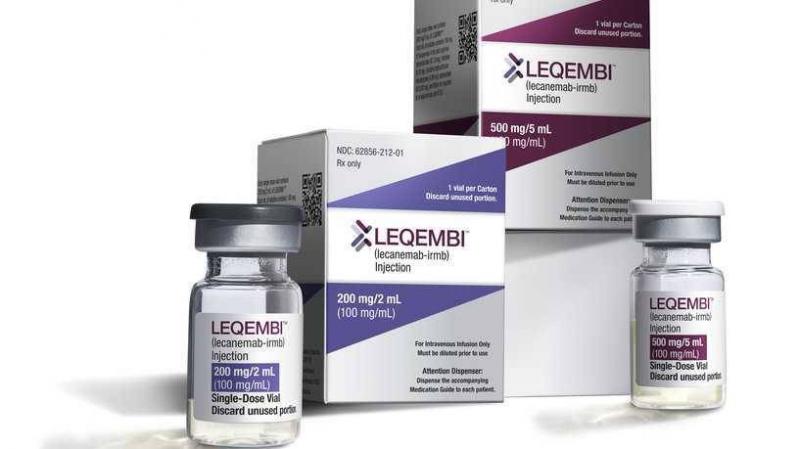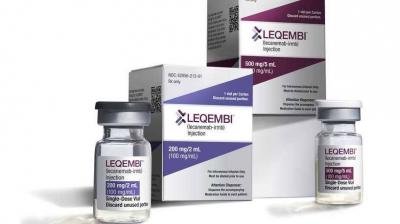Health advisors unanimously supported full approval for a closely monitored new Alzheimer’s treatment, marking a key step toward providing insurance coverage for seniors in the United States during the early stages of the disease. The drug "Lecanemab" has received "conditional approval" from the U.S. Food and Drug Administration (FDA), based on preliminary results indicating it may slow the progression of Alzheimer's for several months. The FDA is currently reviewing more specific results to determine if the drug should receive full agency approval.
This decision carries additional significance as insurance companies halted payment for treatment pending full approval from the FDA. A committee of external advisors voted (6-0) that a large company study confirmed the drug's benefits for patients with mild or early Alzheimer's disease. This non-binding vote serves as a recommendation for full approval, with the FDA set to make a final decision on the matter.
"The initial approval of Lecanemab" by the FDA came through the agency’s accelerated approval program, which allows early access to drugs based on laboratory or biological criteria that suggest they may help patients. The drug, marketed by Eisai and Biogen Idec, has been shown to help remove brain deposits that are characteristic of Alzheimer’s disease.
The committee reviewed more recent data from a study of 1,800 patients, showing that individuals who took the drug had a slight reduction in declines across memory, judgment, and other cognitive tests. Technically, the FDA could withdraw drugs approved through the expedited pathway if their benefits are not confirmed, although regulators rarely take this step. Gaining full approval allows drugs to remain on the market indefinitely. Typically, converting expedited approval draws little attention, and the FDA seldom calls upon its advisors to influence such decisions.




